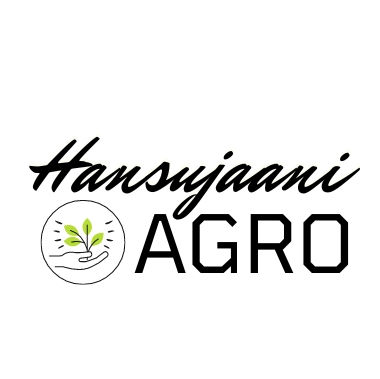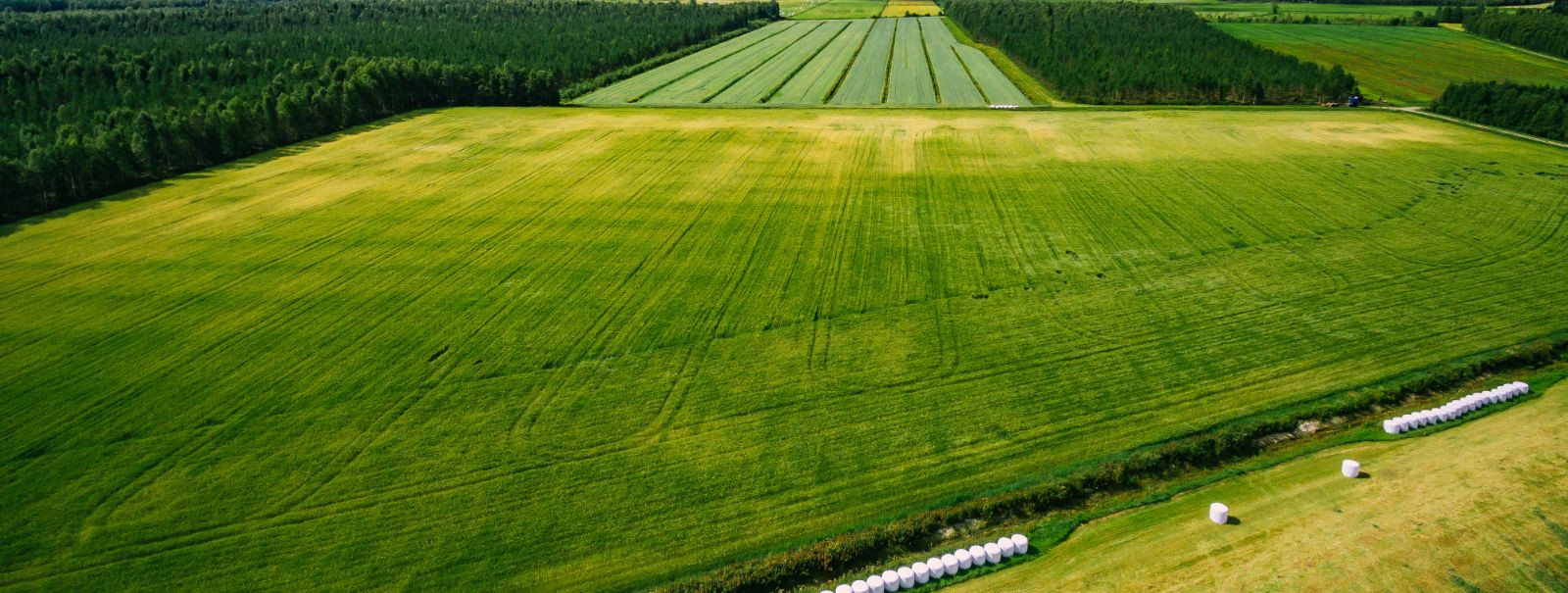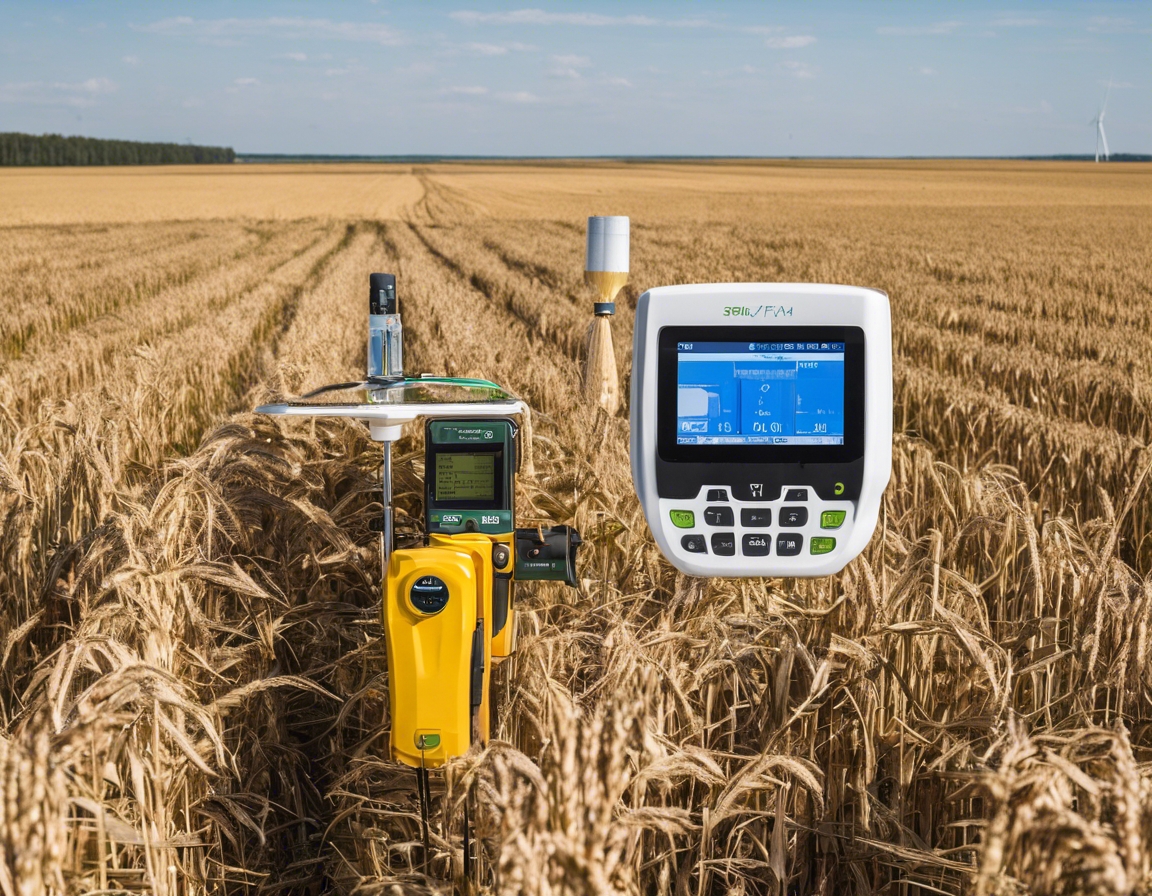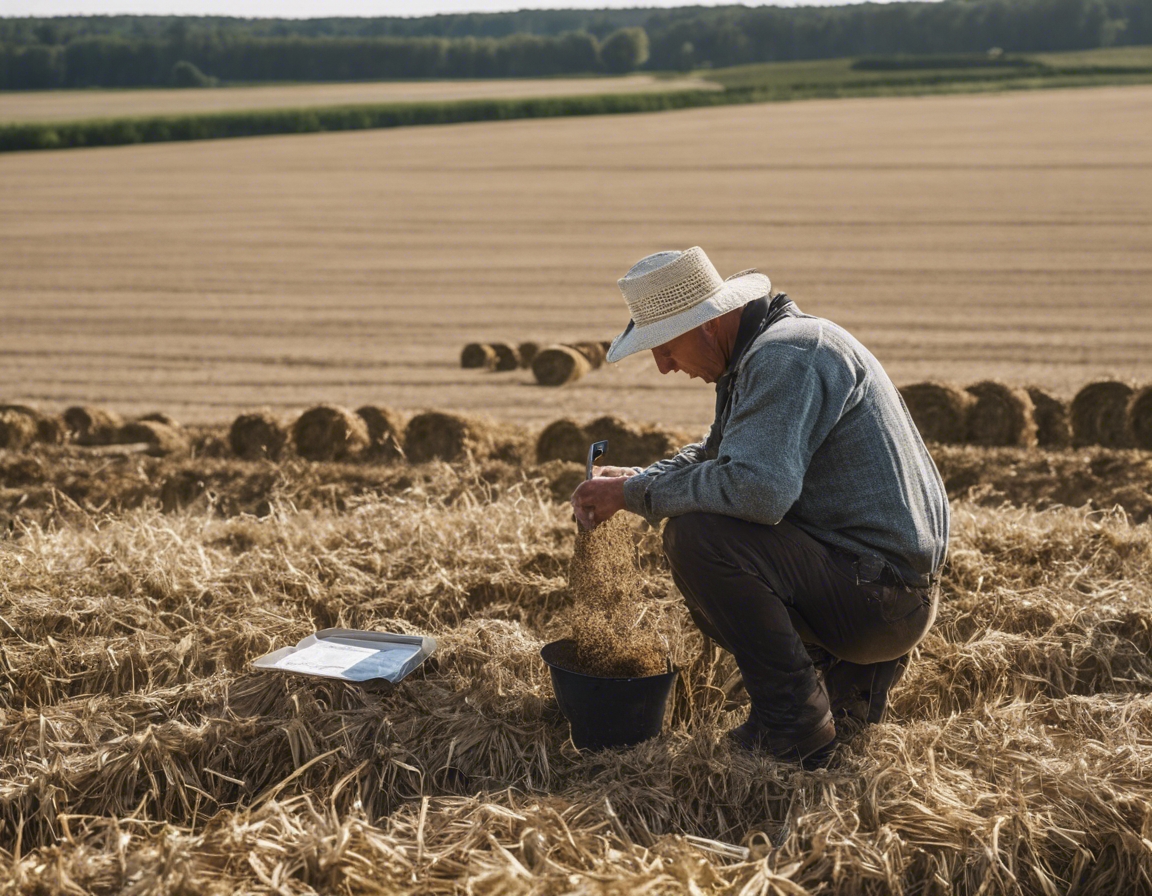The future of estonian agriculture: trends and innovations
Estonia, a country known for its rich natural resources and fertile lands, has a long-standing tradition in agriculture. The sector plays a crucial role in the nation's economy, providing employment and contributing to the food security of the region. With a focus on cereal crops, dairy, and livestock, Estonian farmers have honed their skills over generations, ensuring quality and sustainability in their practices.
As global attention shifts towards environmental conservation, Estonian agriculture is no stranger to the movement. Sustainable farming practices are not just a trend but a necessity, ensuring that the land remains productive for future generations. The integration of eco-friendly methods and the preservation of biodiversity are at the heart of Estonia's agricultural ethos.
Emerging Trends in Estonian Agriculture
The demand for organic products has seen a steady increase, and Estonian farmers are responding. By adopting organic farming methods, they are reducing chemical inputs, enhancing soil health, and providing consumers with high-quality, nutritious produce. This shift is not only beneficial for the environment but also opens up new markets for Estonian crops.
Technology is revolutionizing the way farming is done in Estonia. From precision agriculture to the use of drones for crop monitoring, Estonian farmers are embracing innovation. These technologies allow for more efficient field management, reduced waste, and increased crop yields, positioning Estonia as a leader in modern agricultural practices.
With a growing global emphasis on plant-based diets, Estonian agriculture is adapting. The cultivation of crops like legumes, which are high in protein and environmentally sustainable, is on the rise. This not only caters to changing consumer preferences but also contributes to a more diverse and resilient agricultural sector.
Innovations Shaping the Future of Agriculture in Estonia
Smart farming is set to take Estonian agriculture to new heights. The use of sensors, data analytics, and autonomous machinery is streamlining operations and enhancing decision-making. These innovations lead to smarter resource management and pave the way for a more sustainable agricultural future.
Advances in genetic engineering are enabling Estonian scientists to develop crops that are more resistant to pests, diseases, and extreme weather conditions. This not only ensures food security but also reduces the need for chemical pesticides, aligning with the country's commitment to environmental stewardship.
As climate change poses new challenges, Estonian agriculture is focusing on resilience. By adopting practices such as crop rotation, cover cropping, and the use of drought-resistant varieties, farmers are preparing for the uncertainties of a changing climate while maintaining productivity.
Government Policies and Support
The Estonian government recognizes the importance of agriculture and provides various subsidies and financial incentives to support farmers. These policies encourage the adoption of innovative practices and help maintain the competitiveness of Estonian agriculture in the global market.
Investment in research and development is crucial for the advancement of Estonian agriculture. The government, in collaboration with academic institutions, is funding projects that focus on improving crop varieties, soil health, and farming techniques, ensuring that the sector remains at the forefront of agricultural innovation.
International Collaboration and Market Expansion
Estonia's strategic location and commitment to quality make it an attractive partner for international grain distributors. By fostering global partnerships, Estonian agriculture can expand its reach, providing high-quality cereal crops to a wider market and benefiting from the exchange of knowledge and technology.
As a key player in the Baltic region, Estonia's agricultural sector has the potential to influence regional trends and practices. Through collaboration and leadership, Estonia can drive the adoption of sustainable and innovative farming methods across the region, strengthening its position as a hub for agricultural excellence.






Comments (0)